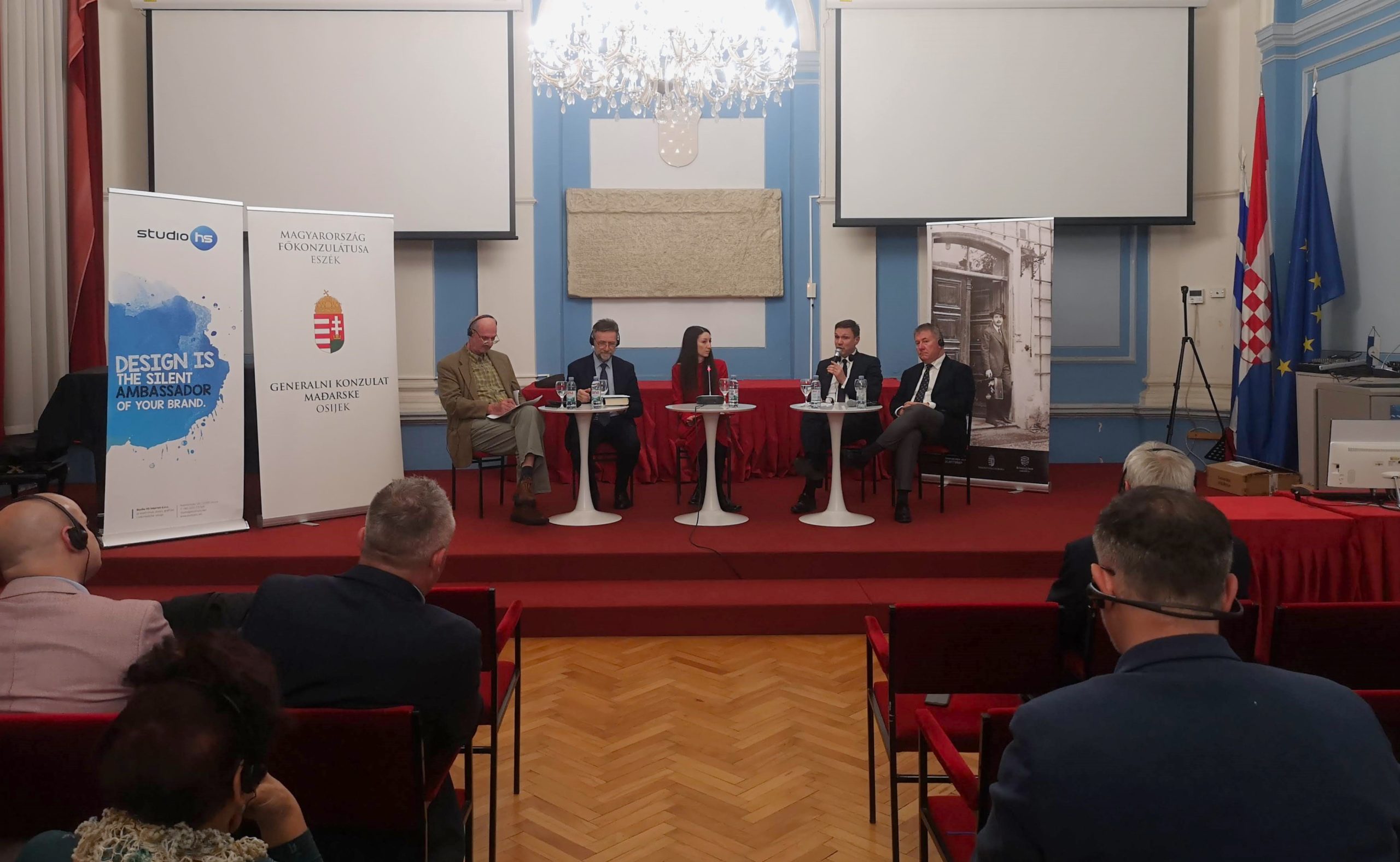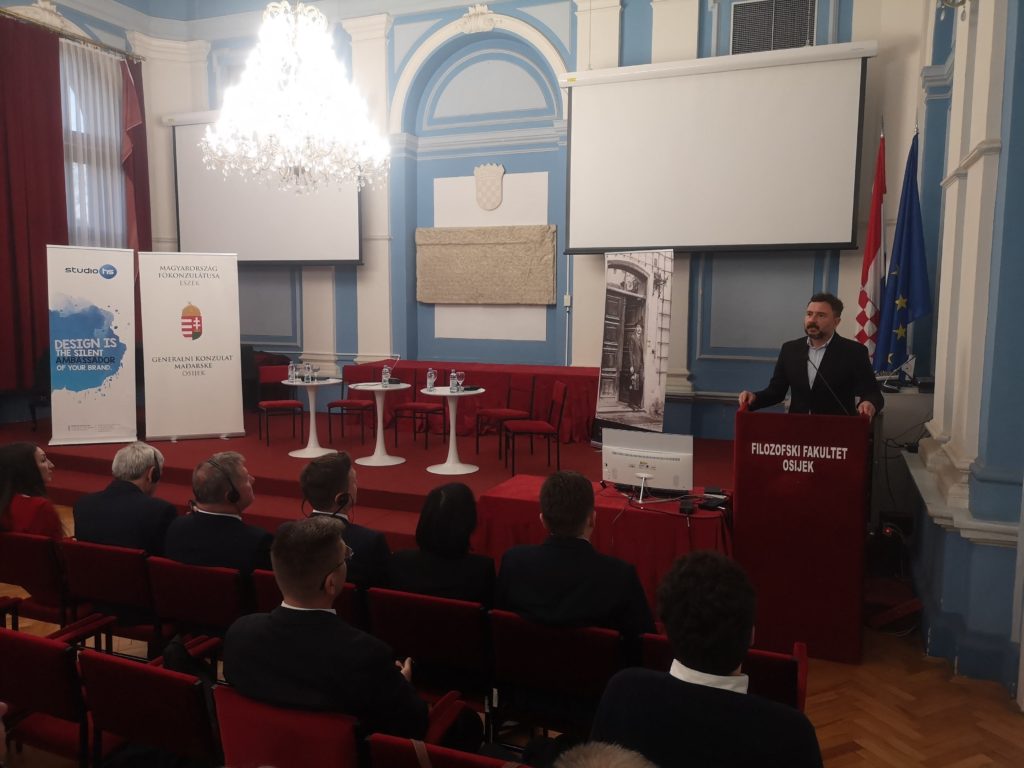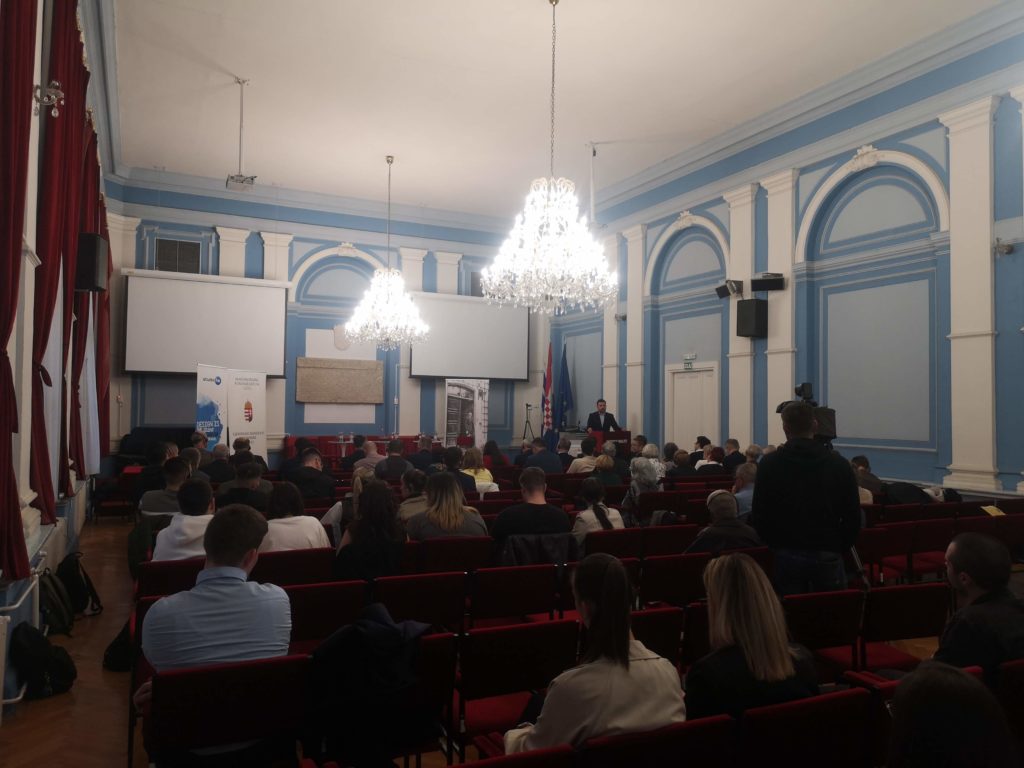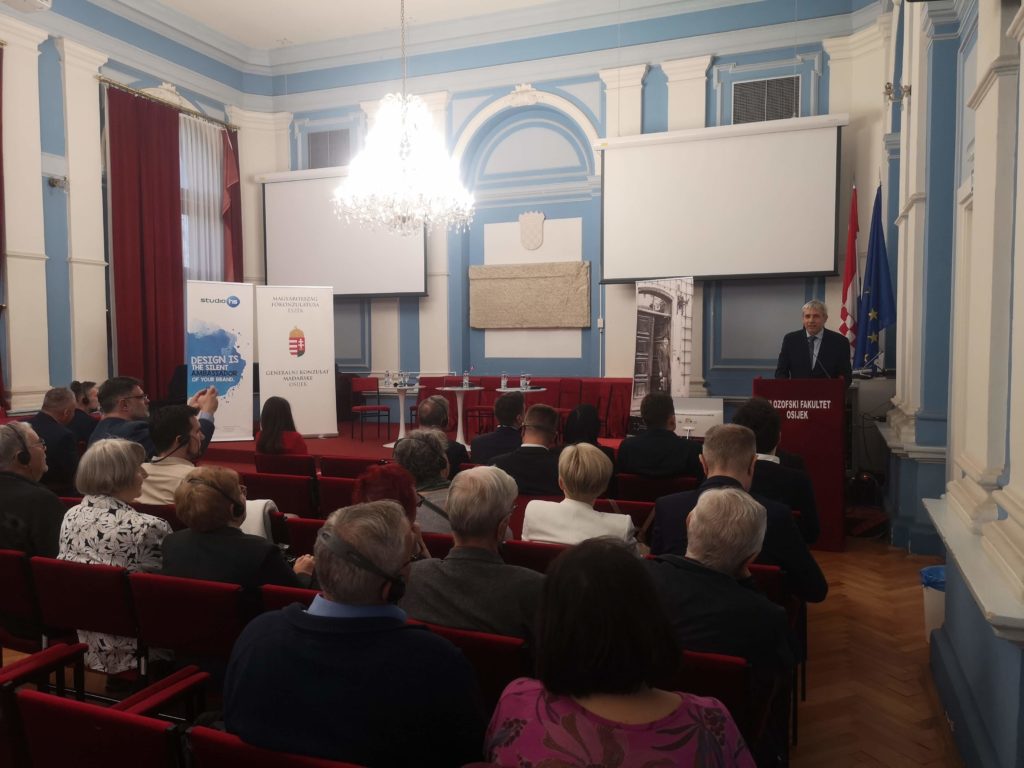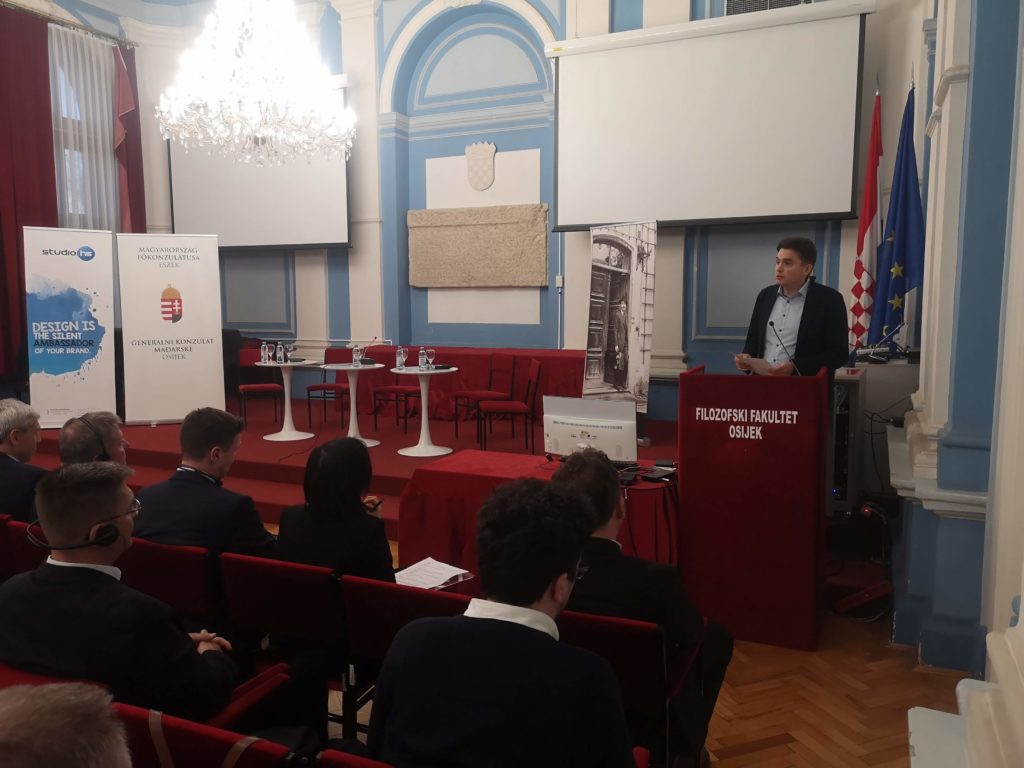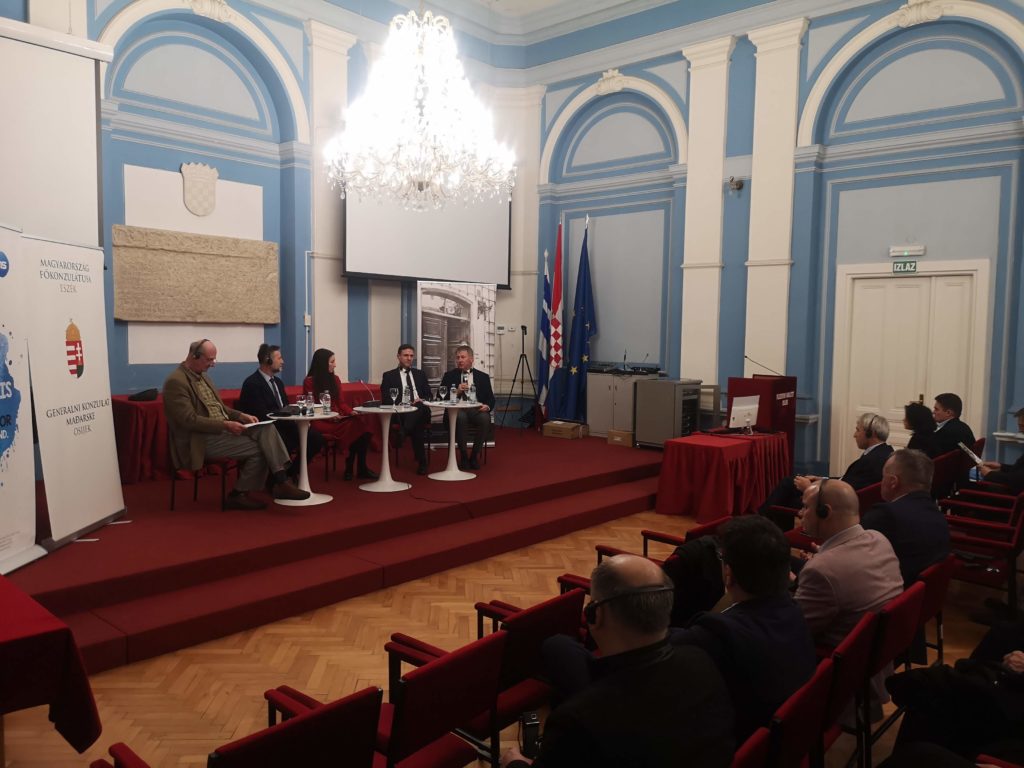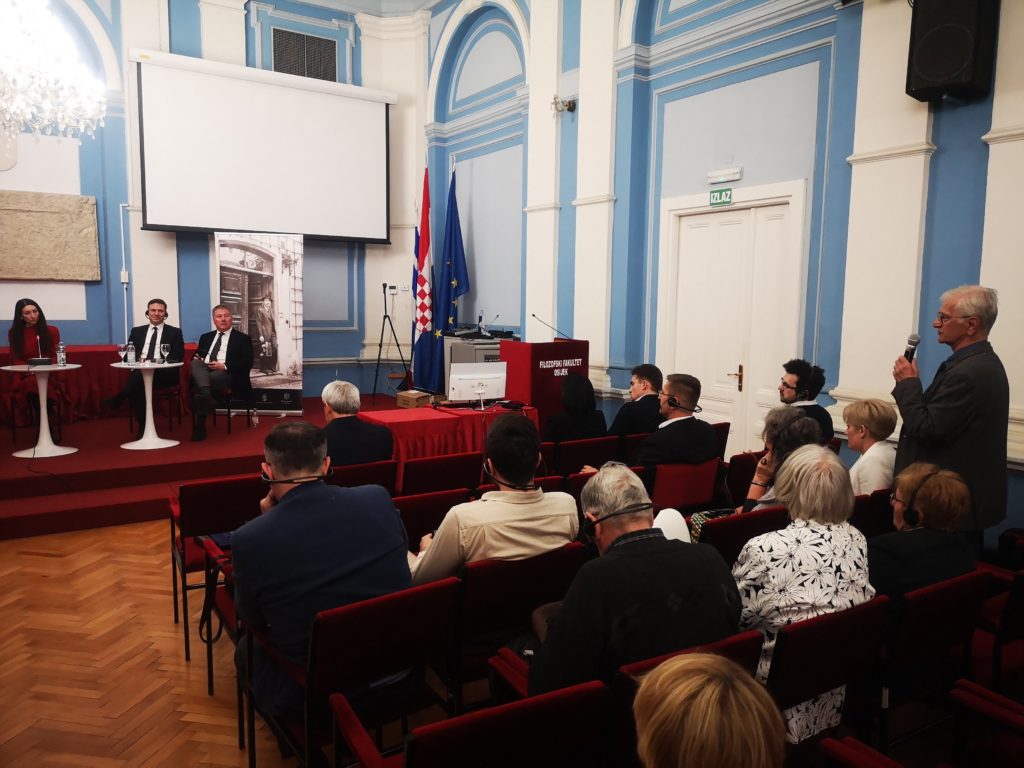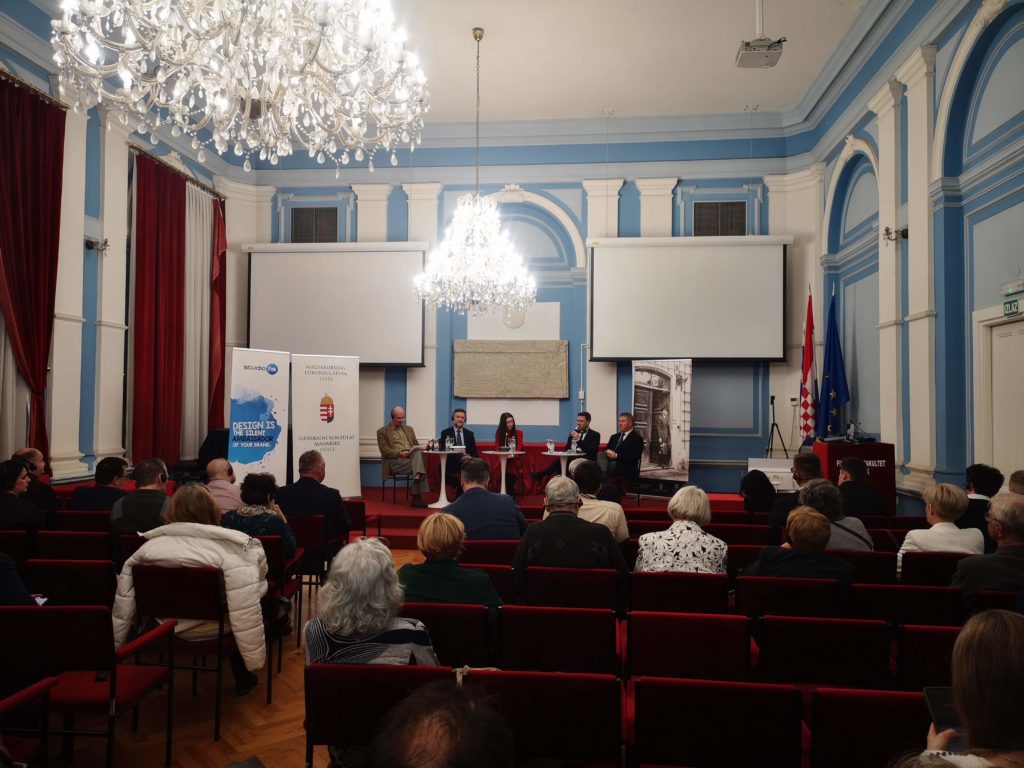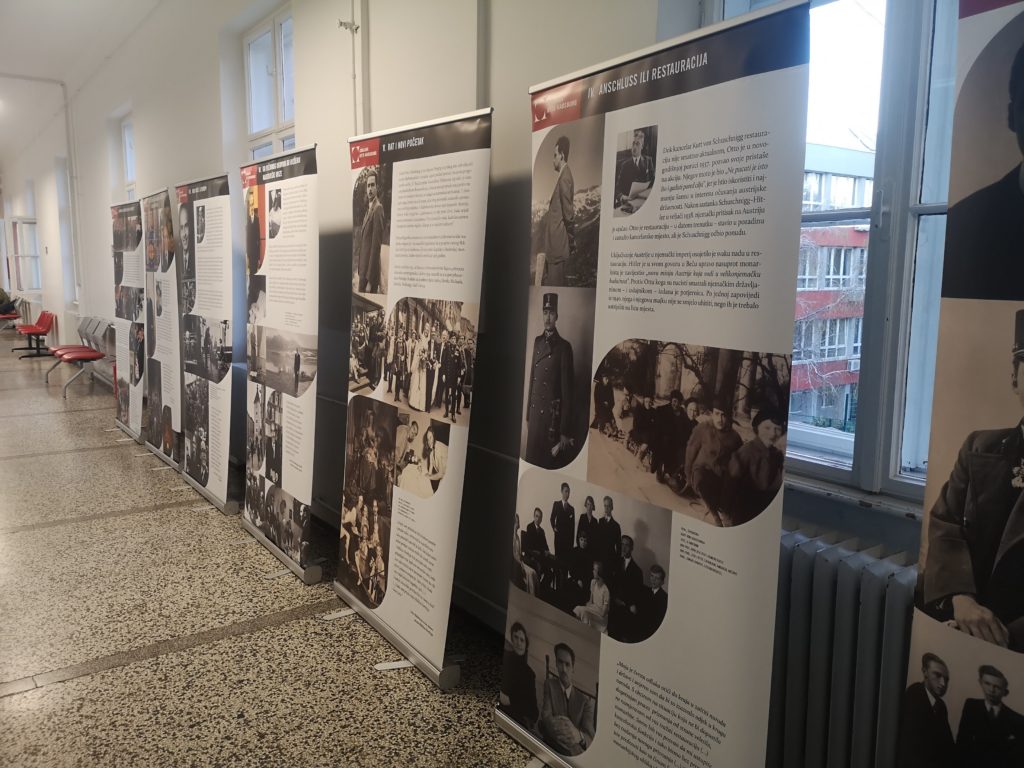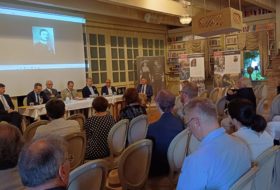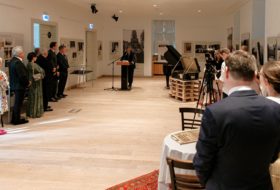Throughout his political career, Otto von Habsburg devoted great attention to the countries that were once part of the Habsburg Monarchy; therefore, he had a special relationship with Croatia as well. During the turbulent period of the dissolution of the Yugoslav federal state in the 1990s, he consistently advocated the country’s right to national self-determination and, after the organisation of independent statehood and the start of democratic transition processes, he contributed much to the international diplomatic recognition of the new entity and its subsequent integration into the Euro-Atlantic community. Although Croatia’s accession to the Union was not realised before his passing, the country’s admission was the crowning achievement of the political mission that Otto von Habsburg had undertaken to create a free and united Europe.
In light of this, the events linked to the former Crown Prince are particularly relevant to our southern neighbour. Following the Foundation’s last event in Zagreb in autumn 2022, our next activity in Croatia took place in March this year at the Faculty of Humanities of the Josip Juraj Strossmayer University in Osijek. The choice of venue was not a coincidence, as Otto von Habsburg had been to Osijek and its vicinity several times at the invitation of the Democratic Union of Hungarians in Croatia (HMDK) and was later granted honorary citizenship of the Slavonia town and an honorary doctorate from the local University.
In his introductory speech, Ivan Trojan, Dean of the Faculty of Humanities, recalled the responsibility of the University as a distinct institution of the social public sphere, stressing that the University serves educational purposes and is an essential forum for shaping public thinking in the broader society. In his welcome address, János Magdó, Head of the Consulate General of Hungary in Osijek, praised the historical role and local and regional importance of Otto von Habsburg, highlighting the efforts of the former heir to the throne for the country that became independent, for its political and economic development and its accession to the EU. In his opening remarks, Zsombor Lábadi, Head of the Department of Hungarian Language and Literature at the University, focused on the potential of language skills to be transformed into political capital, pointing out how successfully our namesake used his linguistic skills to coordinate national interests and assert minority rights.
The roundtable discussion, which analysed Otto von Habsburg’s involvement in the broader European and local (Hungarian and Croatian) public sphere, was joined by the Director and Deputy Director of our Foundation; Pavo Barišić, former Minister of Education, Head of the Department of Cultural Studies and Philosophy at the Faculty of Croatian Studies of the University of Zagreb and President of the Pan-European Union; and historian Albert Bing, Associate of the Croatian Institute of History. Eldina Lovas, Adjunct Professor at the Department of History of the University of Osijek, moderated the discussion.
“If Otto von Habsburg could see us, he would smile”,—began Gergely Prőhle, who evoked the most remarkable moments of the former Crown Prince’s life and political socialisation, highlighting that our namesake was one of the visionaries of Europe without borders of our times. Although he did not formally enter politics until 1979, he was involved in European (and global) public life long before then, actively shaping its development and doing much to liberate the countries of Central and Eastern Europe from communist rule and to integrate them into Europe. Gergely Fejérdy presented Otto von Habsburg’s work in the broader context of more comprehensive historical and political transformations, focusing on “global moments” such as 1918/1920, 1945, 1956 and 1989. As the representatives of our Foundation underlined, Otto von Habsburg’s far-sighted political thinking, broad intellectual horizons, and human qualities have enabled him to have a truly exceptional career, culminating in his activities in the European Parliament between 1979 and 1999.
Pavo Barišić and Albert Bing highlighted the relevance of our namesake in Croatia, describing his position in the Croatian collective memory. His multi-level identity, political and historical experience, resilience in crisis management, and commitment to the country’s development made Otto von Habsburg a defining figure in Croatian politics in the late twentieth century. The panellists stressed that Otto von Habsburg paid close attention to the successor states of the former Monarchy. Throughout his political career, he consistently defended the right of sovereignty of the Central European nations and contributed much to their European integration. His work for an autonomous and prosperous Croatia and its inclusion in a united Europe are pivotal parts of his political legacy.
At the end of the round table discussion, Gergely Prőhle presented the work of our Foundation and invited everyone to visit our exhibition, “Life and Heritage”, displayed at the University. In conclusion, Sándor Jakab, Honorary President of the HMDK, recounted Otto von Habsburg’s visit to Osijek and his personal experiences.
The event was recorded by Drávatáj TV:
